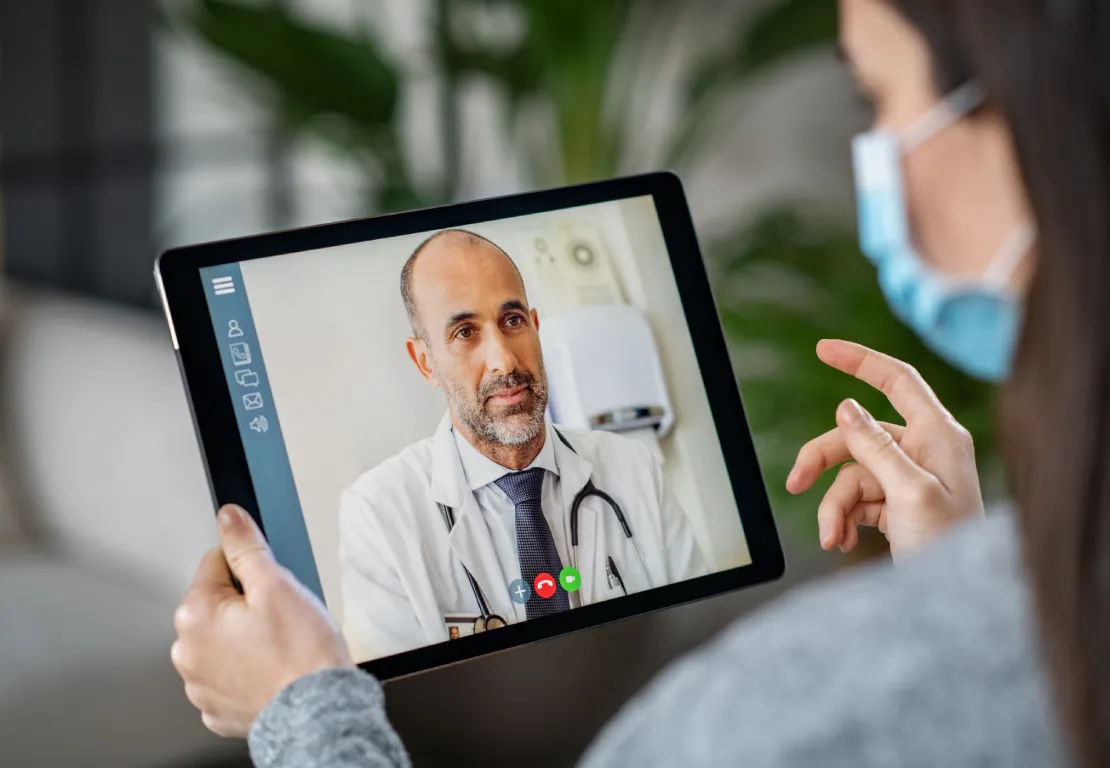Services
- Home
- »
- Services

Reproduction is the purpose of life of every person. However nature is not favorable to all. With the growth of infertility of couples, fertility treatments can cause stress and even feeling of fatality. The availability of donor eggs (oocytes) for in vitro fertilization (IVF) techniques is often an essential requirement and a guarantee of feasible success when it comes to assisted reproductive technologies (ART).




Assisted reproductive technologies and, in particular, IVF — in vitro fertilization — should be considered when it is not possible to get pregnant for at least one year of married life.
IVF is a method of the egg fertilized outside female body, which will be implanted into uterus once it becomes an embryo on the 3rd-5th-6th day of the embryo development.
Experts of the international surrogacy and egg donation agency “Aurora-Georgia” often face difficult situations, like when for instance, woman’s eggs, necessary for reproduction, are unviable or not available. In such cases, the help of a healthy and high-quality egg donor is the only way of pregnancy.
For the procedure of IVF, a specially selected egg donor gets hormonal medication injections in order to stimulate the ovaries and increase the number of oocytes received by making them of a needed size. As a rule, in the natural cycle only one egg matures without hormones, while, with hormonal stimulation of the ovaries, 10-15 or more mature eggs can be matured and received.
After ferilization, the embryo is implanted in uterus of the surrogate mother, who can get pregnant. According to the law, the surrogate mother has no right to become an egg donor for the child – this condition allows to avoid legal and judicial difficulties in future. Therefore, in a surrogacy and egg donation program, an egg donor and a surrogate mother must be two different women.
